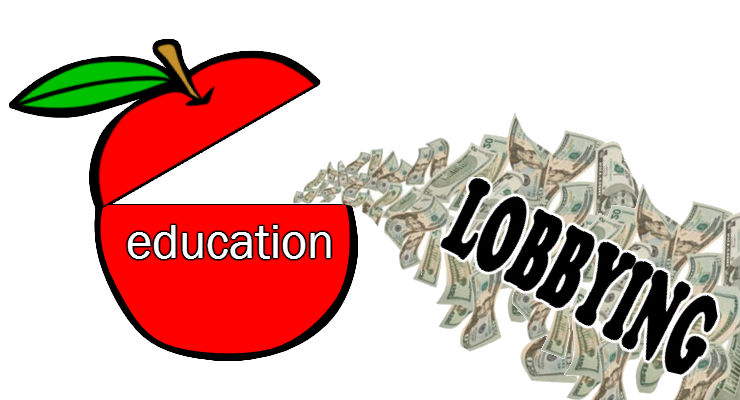
This year’s midterm elections may have important consequences for America’s educational policy. American headed to the polls on November 6th to elect new representatives to the congress and, in some states, also vote for governors. While most citizens were busy voting, others were busy worrying to look at how this elections will affect federal and state education policies. On November 8, 2018, two days after the 2018 midterm elections, the American Enterprise Institute hosted an event about election results and what it will mean for education. From the event invite:
Frederick M. Hess of AEI pointed out that while there was substantial coverage of education issues focusing on the teacher strikes, most voters did not rank education as an important issue in this election. Alyson Klein of Education Week examined what we can expect now that Democrats control the House of Representatives. Lanae Erickson Hatalsky explored key points Democrats can take from the election results and reviewed what the midterms mean for teachers unions.
Aaliyah A. Samuel of the National Governors Association highlighted some common issues that governors of both parties mentioned in their campaigns, such as school safety, workforce development, and early childhood education. Jason D. Delisle predicted that the results will give Americans a chance to learn more about Democrats’ higher education priorities, which have been mostly under the radar in recent years. Panelists concluded that there was no unifying narrative on education during this election cycle and that there are a few issues with potential for bipartisan collaboration.
Despite the fact that some educational topics were covered during this midterm, in many cases, from teachers strikes to religion in schools, key topics were ignored. Most voters did not cite education as an important issue in the elections. In this discussion, panelists sized up the potential changes in education stemming from the Democrats dominating the House of Representatives. What will it mean for teachers unions? Racial and ethnic minorities? STEM sciences?
The American Enterprise Institute is a “nonpartisan public policy research institute”. The event was moderated by Nat Malkus of the American Enterprise Institute. Panelist included:
- Jason D. Delisle: American Enterprise Institute resident fellow works on higher education financing with emphasis on student loan programs.
- Lanae Erickson Hatalsky: Vice president for social policy and politics at Third Way.
- Frederick M. Hess: Resident scholar and director of education policy studies at American Enterprise Institute, where he works on K–12 and higher education issues.
- Alyson Klein :Reporter at Education Week, where she covers US Secretary of Education Betsy DeVos, Congress, and the role of politics in education.
- Aaliyah A. Samuel: Director of the education division at the National Governors Association’s (NGA) Center for Best Practices.
The event lasted for an hour and some minutes. Take a look:
Leave a Reply